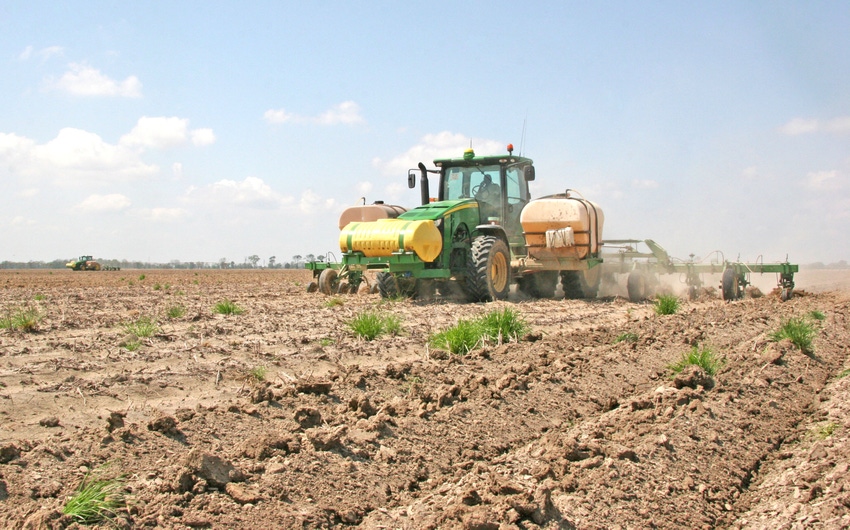June 17, 2013

When you look back over the last 10 years of changes in agriculture, it is impressive and in many cases mind-boggling. Some of those changes:
• The creation of tremendous wealth among large farmers.
• The substantial increase in size of today’s modern farm.
• The technological advances in production including GPS monitoring, improved seed genetics, etc.
• In the Southern states, the large transition in acreage from cotton to corn.
Very few would have predicted these massive moves 10 or 20 years ago. But the question I think that is on many people’s minds – at least mine – is can these good times continue to roll?
Many look back on the last 50 years in farming identifying three distinct golden eras. The first started in 1973 and peaked in 1980. Then the bull markets of the mid 1990s that brought back a rush of income and increase in farmland values. And the third golden era is the last five years as worldwide demand for grain, expansion by China in the food supply and ethanol helped fuel grain commodity prices sharply higher.
After the peak of the first two golden eras, agriculture went through substantial adjustments. Especially the mid-1980s were a time that many of us would like to forget. Can such a thing happen again?
In short – very doubtful. The crash of the 1980s was fueled by high debt and high interest rates (18 percent). We now have very low debt and low interest rates, and the crop insurance program is going to bail out many people again this year even if commodity prices go sharply lower (as I expect). That’s a lot different than what happened in 1983 to 1985.
Let’s assume that corn prices go under $4 per bushel, soybeans go back to single digits and cotton goes into the mid-70s. This will push prices below almost everyone’s breakeven. What do you think will happen?
Consider this, almost every producer, ag lender and agribusinessman under age 50 (with the exception of livestock producers) have never experienced real difficult times! None of the people in this age group learned to farm with a WD45 Allis Chalmers tractor. They all had nice tractor cabs. Even though there have been some minor blips in income statements, nothing has come close to what occurred in the 1980s.
Farming, whether we want to accept it or not, moves in cycles. Big periods of high income are almost always followed by some big periods of low incomes or losses. I think that’s where we’re headed. Incomewise, I think we should all buckle our seatbelts for some rough times financially over the next three to five years. Grain prices are deflating – not inflating. High prices choke off world demand and it takes years to build it back.
My prediction is that more than half of the farms in the U.S. will have negative income in 2014 and 2015. Farmland prices will soften – but not drop sharply. A 10 percent to 15 percent correction could easily occur as farmers quit buying and outside investor money steps in to help support the market. The majority of farmers have upgraded all of their equipment lines in the last five years. Many have enough equipment to farm two to three times what they are already farming.
Ag news delivered daily to your inbox: Subscribe to Delta Farm Press Daily.
My friends in the equipment business don’t like me saying this, but equipment sales could get hurt significantly over the next three years. Changes in technology, however, will help soften that blow.
I put the odds of the above predictions well above 50 percent. Mother Nature has a way of repeating cycles and in this case, in my opinion, it’s not a question of what is going to happen, it is a question of when it is going to happen. With the way the markets have been acting in the last month, supported only because of slow planting, the overall trend is not positive.
You might also read:
Organization and technology crucial to manage 8500 acres
You May Also Like




